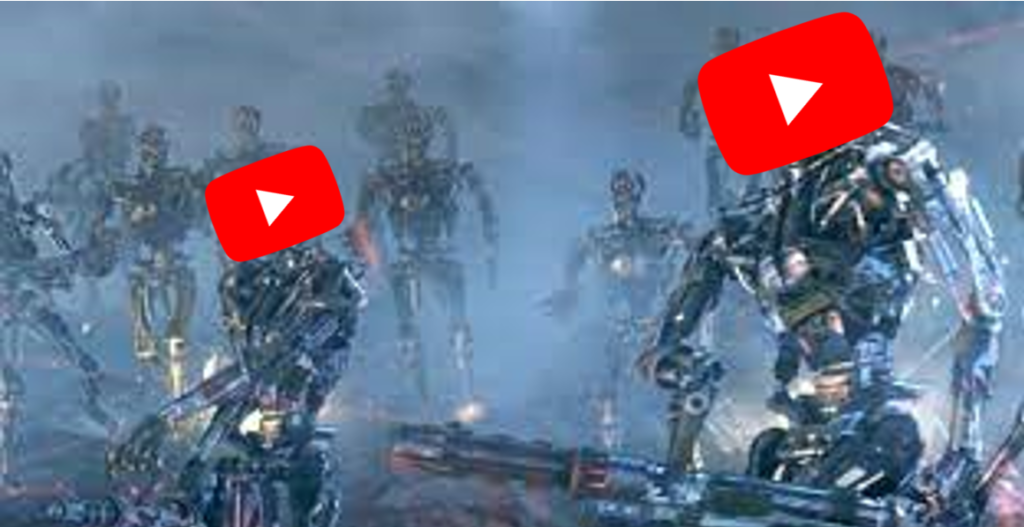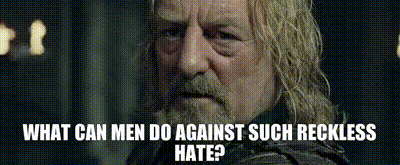Content is king. It’s one of the enduring tenets of SEO. No matter what happens in the SERP or wider marketing landscape you can’t go far wrong provided you produce well-written, informative copy that solves a searcher’s problems. That is until 2024 and the rise of rich media!*

*I’ll hold my hands up here, I’ve used quite a lot of dramatic license in this opening paragraph. To say rich media is “rising” in 2024 is obviously not true. It’s been a staple of content strategies for a very long time but I do think Google Gemini is still going to massively shake up the content game. Read on to find out how.
The onslaught of AI is relentless! How can good old fashioned copy compete

Copy’s place at the pinnacle of anyone’s SEO strategy could be coming to an end. But why and what does AI have to do with it? Well, to sum it up in four words…
Google Gemini is coming!
Announced at the tail end of 2023 (December 6th to be precise) Gemini is Google’s most capable general modal ever built, their words not mine btw.
But what does this mean in normal speak, when we cut away the tech jargon and Google marketing lingo?
In a nutshell Google Gemini is the latest version of their AI chatbot. The very same chatbot they’re using to power their search generative experience (SGE) AI in the Google search results.
The reason Gemini is turning heads is because it can understand, digest and regurgitate information from videos, audio and all manner of file types. Prior to Gemini, Large Language Models (LLMs) had a tough time understanding video. They could partially understand audio content but the contextual nature of video (someone could be describing an image in the video that required the video viewer to see it) was largely beyond the capacity of Google.
Furthermore, its grasp of audio was by no means perfect. It made mistakes, it couldn’t rely on its capacity to listen to give people searching on Google the answers they needed.
That is until now.
Gemini will finally allow Google to really watch and understand video and audio on a website without marketers having to provide masses of Schema markup transcribing the media (although, in the immediate future I think you should 100% still do this).
We’ve seen a shift in web page design since the early 2010’s that favours a hybrid approach of copy and video. It’s no secret that people much prefer to watch content than read it but there has always been a balancing act SEOs have needed to perform. One that makes sure an enjoyable user experience was combined with enough copy to make sure the page in question ranks.
It should be evident by now that the introduction of Gemini could mean copy on a page becomes obsolete. It also begs the question: is now the time for SEOs to pivot to a media first approach to SEO? Should we be focused on videos and podcasts as a way to rank on the SERP? Will rich media be preferred by SGE than your old, bog standard blog posts?
I don’t think the gig is up for copy just yet, I’ll explain why in the next section.
Why copy isn’t pushing up daisies, just yet
It may look inevitable that copy is going to go the way of the MP3 player but I still think there’s life left in the humble written word when it comes to web content. Here’s why:
Internal and external linking are still really important for websites. Links help Google crawl and index your site. They provide context and allow Google to better understand what your site does by looking at your external links. Removing copy on your pages will reduce the amount of links you can place in your content to help Google, but more importantly, help users.
Don’t forget, LLMs need to be trained using a library of content. Whilst Google says Gemini can understand videos it’s a much safer bet to keep written copy on your site to maximise your chances of appearing in SGE results.
Believe it or not, people still want to read content. Certainly not all the time but if they’re researching a serious topic like getting a mortgage or moving to another country they’ll want to compliment the videos they watch with long form, digestible articles.
Your money you life (YMYL) in particular would benefit from detailed, concise and action orientated copy to help people truly understand the options available to them when researching a potentially life changing topic.
Accessibility is another factor you should consider before removing swathes of copy from your site. Many people with sights or hearing difficulties may want the written copy on the page. We know Google is getting better at watching video but are screen readers?
Also if someone’s deaf how will they hear your video? You could add a caption but a blog article would just be as good.
Lastly, if it isn’t broken don’t fix it. Provided your web page’s give a good user experience to site visitors there’s no reason you can’t have both video and copy on a page. So much of the web is made up of copy getting rid of it would be as difficult as it is pointless.
That being said, with video and audio becoming the expected format for web content every effort should be made to prioritise videos on web pages as that’s now the content most web users want to see.
So, what does this mean for copy going forward
I don’t think copy is going anywhere soon. Certainly not until we see the power of Gemini and the effect SGE will have on informational clicks. But if you want to get ahead of the curve it’d be wise to start looking at the current content on your site. What can be trimmed down to be picked up by SGE. What content would benefit from a video added to the page.
It’s really all about making rich media and copy work together to provide the best experience for your users.

